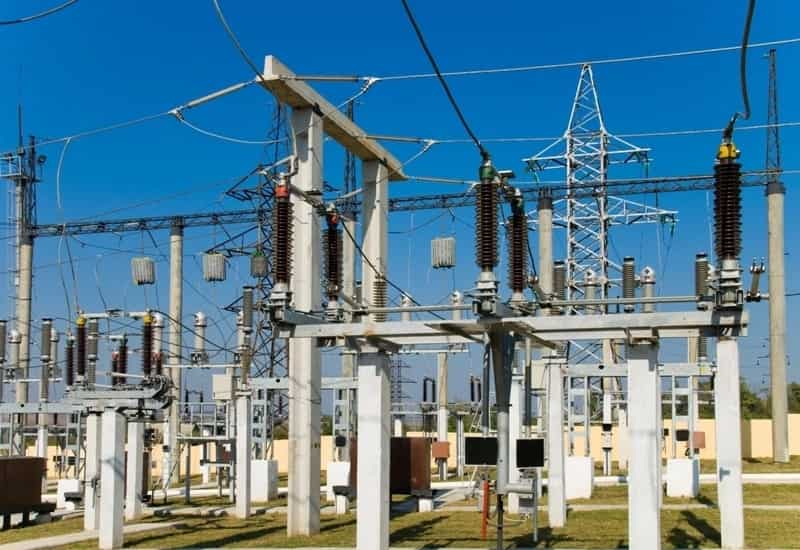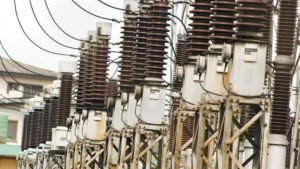
The General Manager of Regulation and Compliance at the Transmission Company of Nigeria (TCN), Ali Bukar Ahmad, has said that out of an estimated population of 230 million, only 13,112,134 Nigerians are officially registered to use electricity.
Ahmad made this known on Thursday at the National Institute of Physics webinar Series 2.0.
The webinar series had the title: “Policy, Regulatory and Technical Constraints in Achieving Energy Security in Nigeria: The Way Forward”.
He pointed out that among the total of over 13 million customers, 44.23% have been provided with meters, and from the entire Nigerian population estimated at 230 million, merely 2.52 per cent are metered.
He observed that 60 per cent of customers with meters are bypassing them, which adds to the country’s energy poverty issues.
Further explaining the data, he highlighted the nation’s lack of energy resources and energy insecurity.
According to him, energy security means having a consistent and affordable supply of energy. In contrast, energy poverty refers to the absence of a sufficient, quality, and uninterrupted energy supply, along with its associated services and products.
“For a country to be truly independent politically and economically in the 21st century, is to have energy sovereignty and energy independence, and for the sovereignty and independence to be secured at all times and backed by the relevant geopolitics.
“In Nigeria, we have four types of energy poverty; the unserved, the underserved, the poor quality of supply, and the served.
“Energy security in turn is the bedrock for sustainable development and the attainment of it should leave no one, no citizen behind,” the general manager said.
Furthermore, Ahmad pointed out that Nigeria’s energy vulnerability stems from several issues, including an over-reliance on gas, insufficient production capacity, and the unreliability and high cost of gas supply.
He noted that the signs of energy vulnerability include deteriorating and ineffective infrastructure, a lack of clear and accountable energy services, vandalism, and a shortage of political and financial resources to tackle these problems.
He said the way forward to ensure energy security in the country was to overcome all policy, regulatory, and technical shortcomings and bottlenecks.
Ahmad called for the commencement of immediate utilization of all energy sources in all parts of the country, and for more electricity exports and imports corridors in the country to be opened.
The TCN general manager urged that all tiers of government should be involved in electricity supply.







